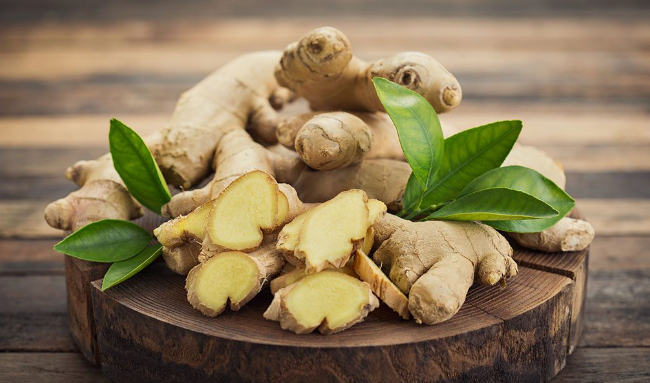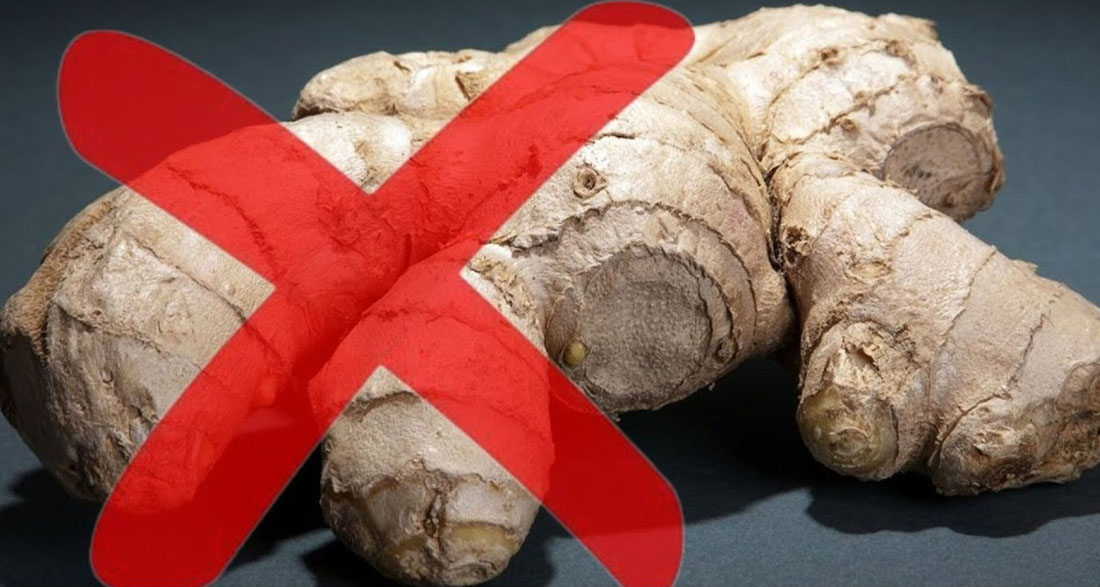The Powerful Spice: Knowing When to Watch Out for Ginger
Ginger is a beloved spice famous for its unique flavor and numerous health benefits. It’s commonly found in kitchens around the world, adding a zesty kick to everything from stir-fries to teas.
However, there are times when ginger might not be the best choice for everyone. Let’s take a friendly look at when you should be cautious about using ginger in your meals.

1. Blood Thinning Concerns
Ginger has the amazing ability to thin the blood, which can be great for some people. However, if you’re taking blood-thinning medications like warfarin or aspirin, this could be a problem. The combination of ginger with these medications can increase the risk of bleeding, which you definitely want to avoid.
As one doctor advises, “If you’re on blood thinners, it’s crucial to talk with your healthcare provider before adding ginger to your diet.” So, if you’re in this situation, make sure to get professional advice!
2. Issues with Gallstones
Ginger does wonders for digestion by promoting bile production, which helps break down food. But if you have gallstones, this increased bile can lead to discomfort and even complications.
To avoid painful episodes, it’s wise to limit your ginger intake. If you’ve ever had gallstones, you know how uncomfortable they can be, so make sure to consider your health when using ginger.
3. Low Blood Pressure and Heart Conditions
Here’s another interesting fact: ginger can lower blood pressure, which is beneficial for many people. But if your blood pressure is already low or if you have certain heart conditions, ginger might cause it to drop even lower. This could interfere with medications you might be taking for your heart.
A heart patient once shared, “Before I used ginger, I made sure to check with my doctor. It’s always better to be safe!” If you have any concerns about heart health, don’t forget to ask your healthcare provider about ginger before you enjoy it!
4. Pregnant and Cautious
Ginger is often recommended to pregnant women to help with morning sickness. However, there’s a caveat! Consuming high amounts of ginger, especially close to labor, can raise the risk of bleeding.
Therefore, it’s best for pregnant women to use ginger sparingly and to follow their doctor’s advice. “I relied on ginger during my pregnancy, but I made sure to discuss it with my doctor,” said a new mom. It’s always a smart move to be cautious!
5. Sensitive Stomach Issues
While ginger is known for helping with digestion, it can also irritate the stomach lining if consumed in large amounts. If you have a sensitive stomach or conditions like peptic ulcers, too much ginger might actually make your symptoms worse. A gentle approach is always best.
“I love ginger tea, but I learned to take it easy,” one person said. If ginger tends to upset your stomach, consider using it in moderation or exploring alternatives that won’t cause discomfort.
Helpful Tips for Using Ginger
- Talk to Your Doctor: Always discuss adding ginger to your diet with your healthcare provider, especially if you have health conditions.
- Start Small: If you’re new to using ginger, try starting with small amounts to see how your body reacts.
- Look for Alternatives: If ginger isn’t right for you, explore other spices or chat with a nutritionist for suitable options.
Ginger has plenty of wonderful benefits, but it’s essential to use it wisely according to your personal health needs. Remember, you can enjoy the great flavors and healing properties of ginger, just with a bit of cautiousness.
Share your thoughts about ginger or tell us if you have any experiences to share in the comments below!

